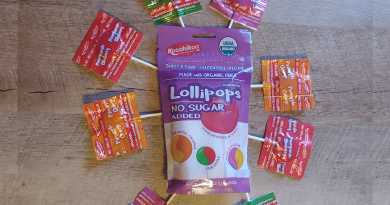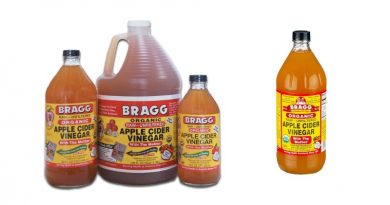How to Choose UVB Sunscreen for Acne Prone Skin
The Need for Protection
Many people understand the importance of protecting their skin from sunburn and potential skin cancers, but individuals with acne may have an extra challenge when it comes to choosing the best sunscreen. Clogged pores may lead to numerous skin conditions, and having skin with an oily appearance can be distressing for many reasons. Trapped dirt and oil can cause breakouts and skin irritation, and this may prompt individuals with acne prone skin to avoid using anything altogether. The sensitive skin of the face may need special protection against prolonged sun exposure, and the good news is that there are many effective UVB sunscreen products that protect and nourish the skin as well. An effective sunscreen will protect against:
• Burning
• Peeling
What to Avoid
Many commercial offerings contain ingredients that have nothing to do with UVB protection, and these unneeded ingredients can exacerbate existing skin problems and lead to irritation and inflammation. Individuals with acne prone skin should avoid:
• Synthetic fragrances
• Petrochemicals
• Mineral oil byproducts
Individuals with sensitive and acne prone skin should avoid these ingredients and select sunscreen that is free of added fragrance and questionable synthetic additives. A mild UVB sunscreen with natural ingredients can protect sensitive skin without causing further irritation or inflammation, and using products that have been recommended by dermatologists may be the best criteria when selecting sun protection.
What to Select
The American Academy of Dermatologists has specific criteria for UVB sunscreen classification. Sunscreen must meet all criteria in order to be considered worthwhile and effective. The products with the highest ratings are:
• Broad spectrum
• SPF 30 or higher
• Water resistant
The AAD recommends broad spectrum products for protection against UVB rays, and broad spectrum products may be ideal for protecting against burning and peeling. An appropriate sunscreen should have a sun protection factor of 30 or higher since a product with an SPF lower than 30 would be considered inadequate according to AAD standards. UVB sunscreen needs to be water-resistant to be effective during sun and water exposure such as outdoor swimming, and this means that the lotion should stay on even when the skin is exposed to water.
Individuals with a tendency to experience acne should look for products that will not clog their pores or create additional skin problems. This may require reading labels carefully, but there are key words that may be helpful. Products endorsed by dermatologists may be labeled as:
• Non-comedogenic
• Hypoallergenic
There are many natural ingredients that support skin health and protection, and many of these ingredients may be used on their own or along with other moisturizing products. Natural ingredients should be as safe, water-resistant, and protective as other products. Some good natural choices include:
• Cocoa butter
• Shea butter
• Jojoba oil
• Zinc oxide
Natural oils and butters can provide moisture without clogging pores with harmful synthetic ingredients. Zinc oxide protects the skin from harmful UVB rays, and it is recommended as a topical agent for controlling acne. The right UVB sunscreen can keep skin moist, clear, and protected.
Sam Moser is a freelance content writer who has written almost exclusively for the web since graduating from the School of Journalism at Ryerson University in Toronto, Ontario. A self-confessed beach bum, Sam knows the importance of using an organic UVB sunscreen.





Choosing the right UVB sunscreen for acne-prone skin requires considering certain factors that explained in this article to ensure that the sunscreen does not clog pores or exacerbate acne.
Visit here https://fenceservicesinusa.com/ Best Fence Contractors in USA
Opt for oil-free, non-comedogenic sunscreen with a broad-spectrum UVB shield to control breakouts and irritation.
Post Construction Cleanout Services in Fort Myers FL
There are a few important factors to consider. First, look for a sunscreen that’s labeled non comedogenic, meaning it won’t clog your pores.
Sod Installation Experts in Stratford CT